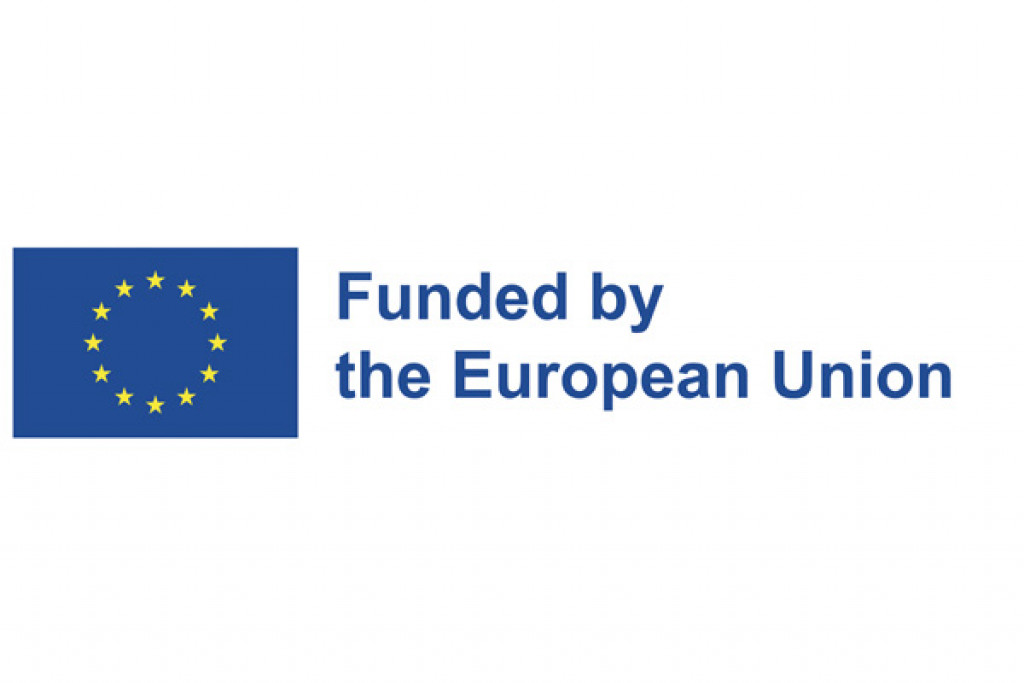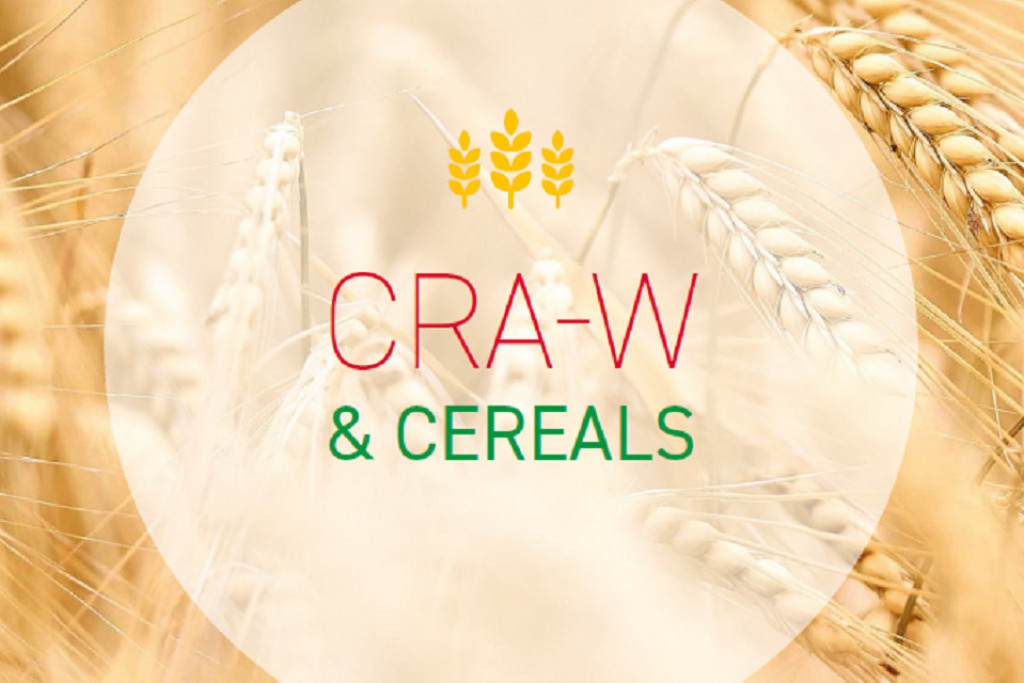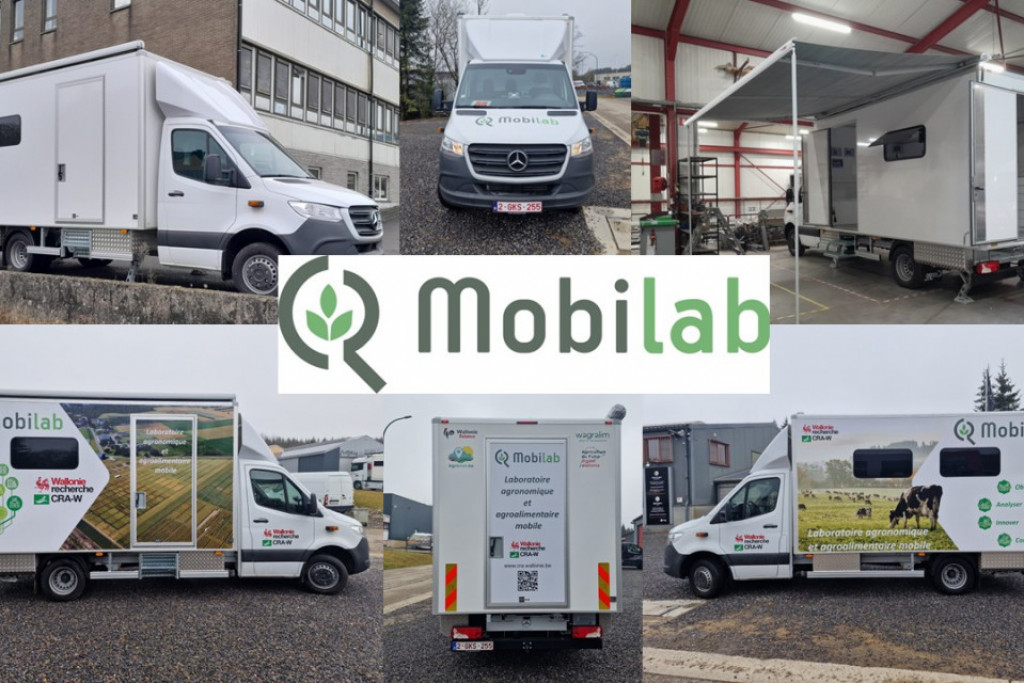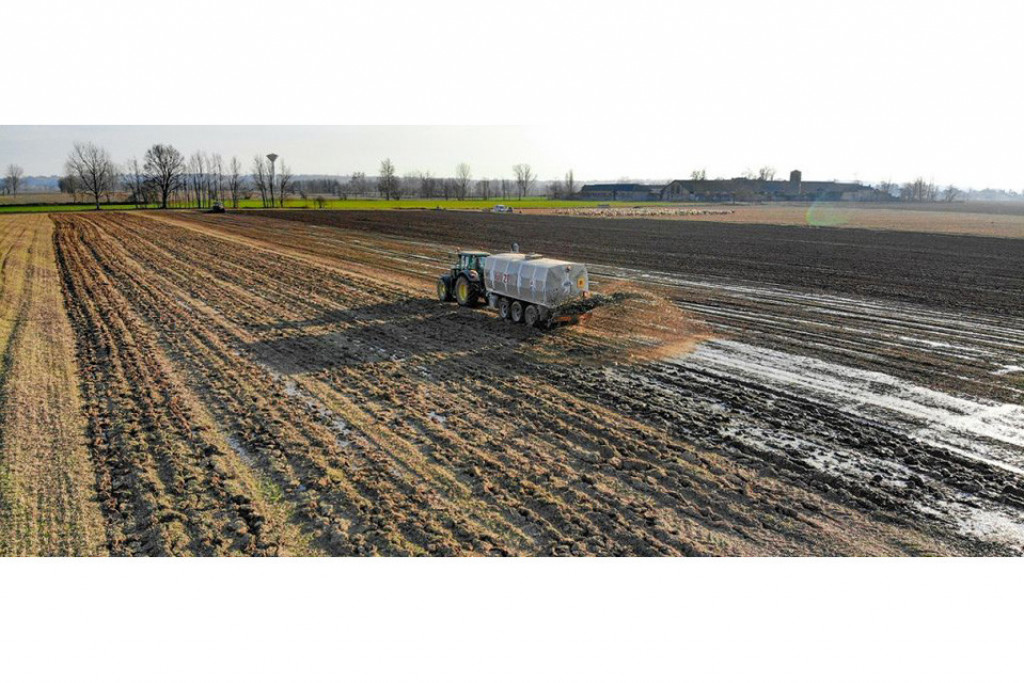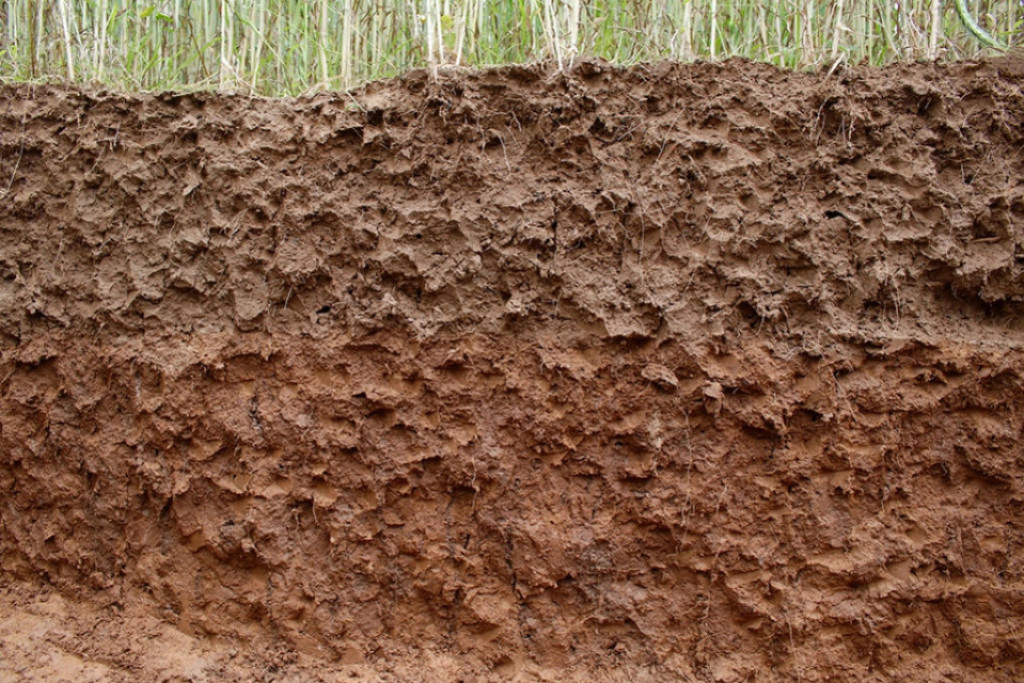
WHEATWATCHER, coordinated by Ghent University, is bringing together universities, research centres and industrial partners across Europe to develop cutting-edge monitoring technologies. By integrating advanced sensors, robotic platforms and decision support systems, the project aims to provide real-time data and predictive information, enabling farmers to make informed decisions. Various case studies will enable the team to apply and validate these predictive models by integrating local soil conditions and the specific needs of wheat farming.
The CRA-W at the heart of WHEATWATCHER
The CRA-W is actively involved in data collection through the laboratory analysis of soil, grains and wheat flour. It contributes to predictions, including the pre-processing and standardisation of data on the contamination of soils, crops and food via machine learning methods. One of the CRA-W's major contributions is the adaptation of the chemometric method of locally weighted regression (LWR), an innovative approach that improves the accuracy of predictions. The team is also supporting the development of a web-based platform for data fusion, ensuring seamless integration of knowledge on soil, crop and food contamination.
Leading the way in traceability
As leader of WP7, dedicated to food traceability, the CRA-W is at the forefront of improving transparency and accountability in the wheat supply chain. Advanced spectroscopic detection, modelling and digital integration will enable any food safety risks to be identified early, helping farmers, decision-makers and the industry as a whole to make better decisions.
Funding:
European Research Executive Agency (REA) under powers delegated by the European Commission (Call: HORIZON-MISS-2023-SOIL-01).


